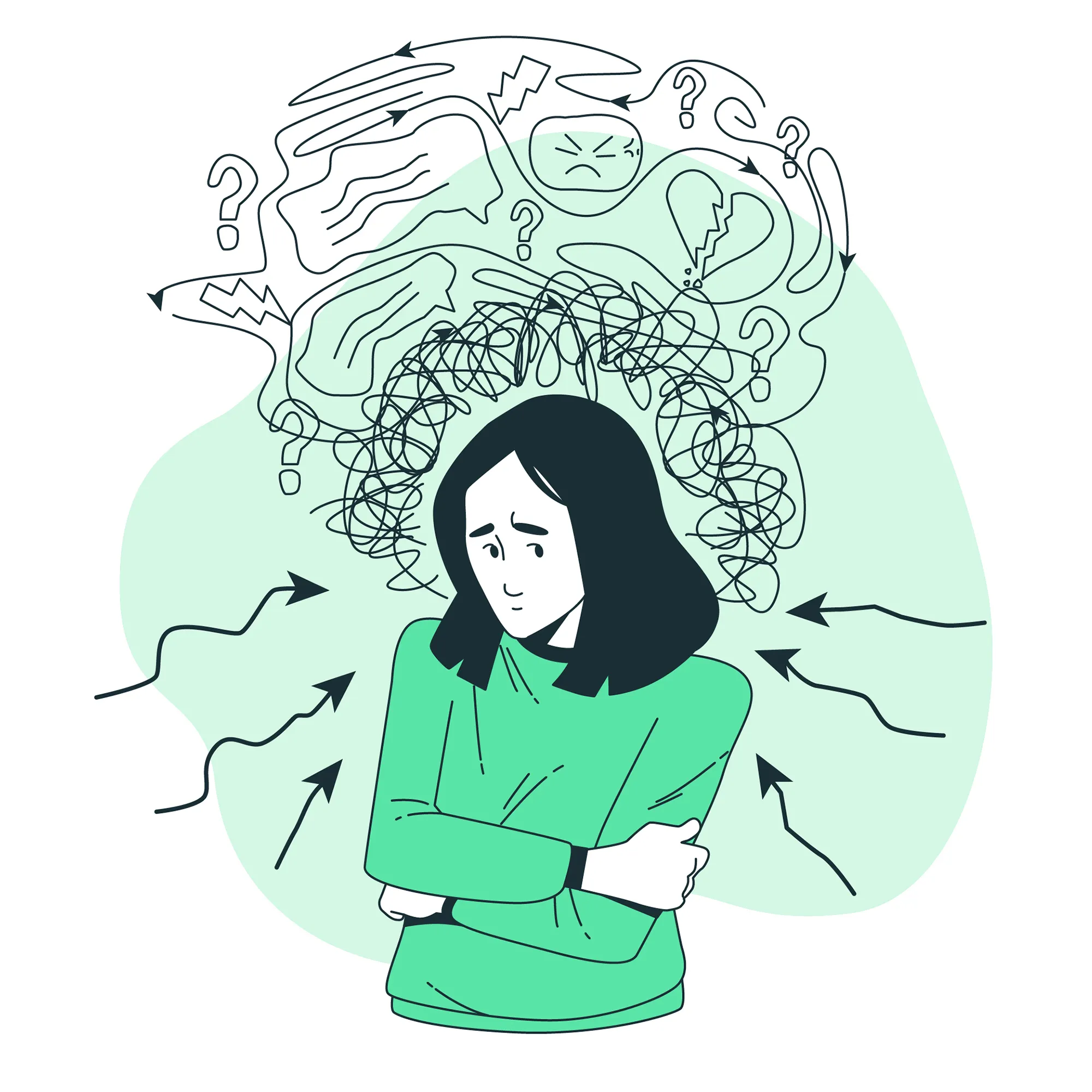In a significant advancement for the field of supportive housing and psychiatric disability care, researchers have developed a new tool designed to help individuals with psychiatric disabilities to communicate more effectively about the support they receive, particularly in the provision of meaningful activities within their housing context. This innovative tool is known as the 7-Item Perceived Meaning of Activity in Housing (PMA-H-7), and it promises to improve the quality and relevance of support provided to residents in supported accommodation.
The development of PMA-H-7, as reported in a journal article published in December 2020 in the “Evaluation & the Health Professions,” represents a breakthrough in our understanding and capability to measure opportunities for meaningful activities for individuals with psychiatric disabilities living in supported housing. Utilizing two datasets, researchers from the Department of Health Sciences at Lund University in Sweden and the Department of Health and Caring Sciences at Linnaeus University in Växjö, Sweden, have collaborated to develop and test the psychometric properties of the new scale. The importance of this work is underscored by the need for brief and valid tools that avoid causing strain or discomfort to this vulnerable population while assessing their needs and perspectives.
The DOI for the original research is 10.1177/0163278719845036, indicating its entry in the digital repository for academic publications, facilitating easy retrieval and citation for future research and application.
The researchers, led by Mona M. Eklund and David D. Brunt, reanalyzed two datasets from people with psychiatric disabilities residing in congregate supported housing to develop the PMA-H-7. The new measure was formed from an extensive original version of the Perceived Meaning in Activity-Housing (PMA-H) and emphasizes brevity while maintaining reliability and validity in its measurement capabilities.
The study focused on investigating the factor structure, internal consistency, evidence for convergent and discriminant validity, and potential floor or ceiling effects of the newly developed measure. Findings revealed that the PMA-H-7 maintained robust psychometric properties, establishing it as a promising tool for the evaluation of meaningful activity provisions within supported housing programs.
Meaningful activities are defined as engaging actions that hold significance and value to the individual, contributing to their quality of life and sense of purpose. For individuals with psychiatric disabilities, having access to and the ability to engage in such activities within their living environment is a critical aspect of their support and rehabilitation process.
The implementation of the PMA-H-7 could have several positive implications. It could allow for improved assessment of housing services, tailoring activities to the interests and needs of residents, and fostering a sense of community and individual growth within supportive housing. Moreover, the tool’s brevity and accessibility prevent it from being a burden on respondents, who might otherwise find longer surveys challenging or distressing.
The full reference to the research article is:
Eklund, M. M., & Brunt, D. D. (2020). Development of 7-Item Perceived Meaning of Activity in Housing (PMA-H-7) to Assess Opportunities for Meaningful Activities in the Supported Housing Context for People With Psychiatric Disabilities. Evaluation & the Health Professions, 43(4), 230–234.
https://doi.org/10.1177/0163278719845036
Additional references supporting the relevance of this research and contextualizing it within the existing body of knowledge include:
1. Anthony, W. A., Cohen, M. R., Farkas, M., & Gagne, C. (2002). Psychiatric Rehabilitation, 2nd Ed. Boston: Center for Psychiatric Rehabilitation, Boston University.
2. Drake, R. E., & Latimer, E. (2012). Lessons learned in developing community mental health care in North America. World Psychiatry, 11(1), 47-51.
3. Lehman, A. F. (1988). A Quality of Life Interview for the chronically mentally ill. Evaluation and Program Planning, 11(1), 51-62.
4. Yanos, P. T., Felton, B. J., Tsemberis, S., & Frye, V. A. (2007). Exploring the role of housing type, neighborhood characteristics, and lifestyle satisfaction among formerly homeless individuals living in permanent supportive housing. Social Science & Medicine, 65(8), 1771-1783.
5. Tsemberis, S., Gulcur, L., & Nakae, M. (2004). Housing First, consumer choice, and harm reduction for homeless individuals with a dual diagnosis. American Journal of Public Health, 94(4), 651-656.
By addressing the distinct needs of people with psychiatric disabilities in supported housing, the PMA-H-7 offers a new lens through which service providers can view and adapt their programs. Its contribution to enhancing support systems for one of society’s most vulnerable groups cannot be overstated, and its relevance is sure to permeate future studies and policies in mental health care.
Keywords
1. PMA-H-7 Scale
2. Psychiatric Disability Support
3. Meaningful Activities Housing
4. Supported Accommodation Assessment
5. Mental Health Rehabilitation Tool
The integration of the PMA-H-7 into the evaluation frameworks of supported housing services has the potential to significantly refine the support offered to people with psychiatric disabilities. Organizations, researchers, and practitioners in the field are encouraged to consider how such tools can be utilized to not just measure outcomes but to genuinely enrich the lives of their residents, promoting well-being, autonomy, and a sense of belonging within their communities.
